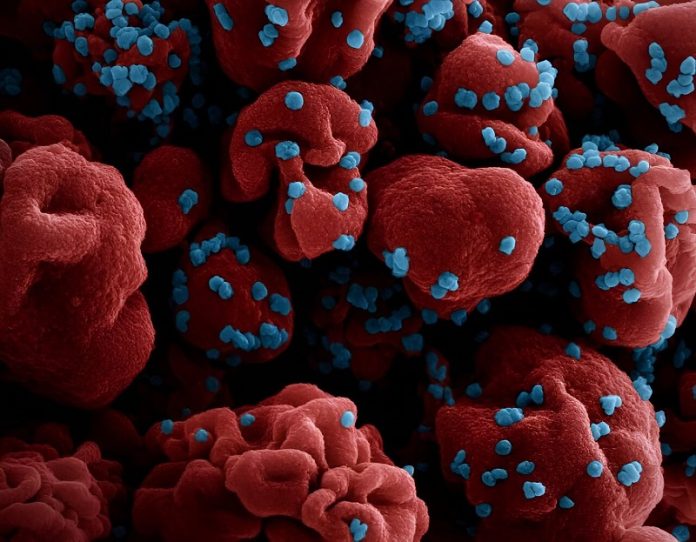
A recent study suggests that if you get reinfected with the virus that causes COVID-19, the severity of the second infection will likely be similar to your first one.
Researchers used health data from almost 213,000 Americans who had experienced reinfections to make this discovery.
The study, published in Communications Medicine, also found that long COVID is more common after a first infection than a reinfection.
The researchers analyzed data from the National COVID Cohort Collaborative (N3C), focusing on 212,984 people who reported a reinfection.
These individuals were initially infected between March 2020 and December 2022 and then experienced a second infection by March 2023.
Most participants (203,735) had COVID-19 twice, while a small number (478) had it three times or more. Vaccines, though not available throughout the entire study period, were linked to a protective effect against severe cases.
The study found that about 27% of those who had severe COVID-19 cases, requiring hospital care during their first infection, also needed hospital care for their reinfection.
Older adults and those with underlying health conditions were more likely to have severe cases. On the other hand, about 87% of people who had mild cases initially also had mild reinfections.
Reinfections were defined as occurring at least two months after the first infection and were most frequent when the omicron variants were circulating in late 2021 and early 2022. The increase in reinfections was likely due to waning immunity and the higher infectivity of the omicron variants.
The study also showed that long COVID, which includes symptoms like fatigue, coughing, and difficulties with sleep, breathing, or thinking, was more likely to occur after a first infection than a reinfection. Regardless of the variant, the risk of long COVID was higher after the initial infection.
Interestingly, the researchers discovered that lower levels of albumin, a protein made by the liver, might indicate a higher risk for reinfection.
This suggests that low albumin could be a potential risk marker for reinfection, and the researchers believe this finding deserves further investigation. They suggest that trials could be conducted to see if nutritional interventions might help prevent reinfection or reduce its severity.
In summary, this study provides valuable insights into the patterns and risks of COVID-19 reinfections, highlighting the importance of continued vigilance and possibly personalized health strategies to manage and prevent severe outcomes.
If you care about COVID, please read studies about vitamin D deficiency linked to severe COVID-19, death, and how diets could help manage post-COVID syndrome.
For more information about COVID, please see recent studies that low-sodium plant-based diets may prevent COVID-19 better, and results showing zinc could help reduce COVID-19 infection risk.



